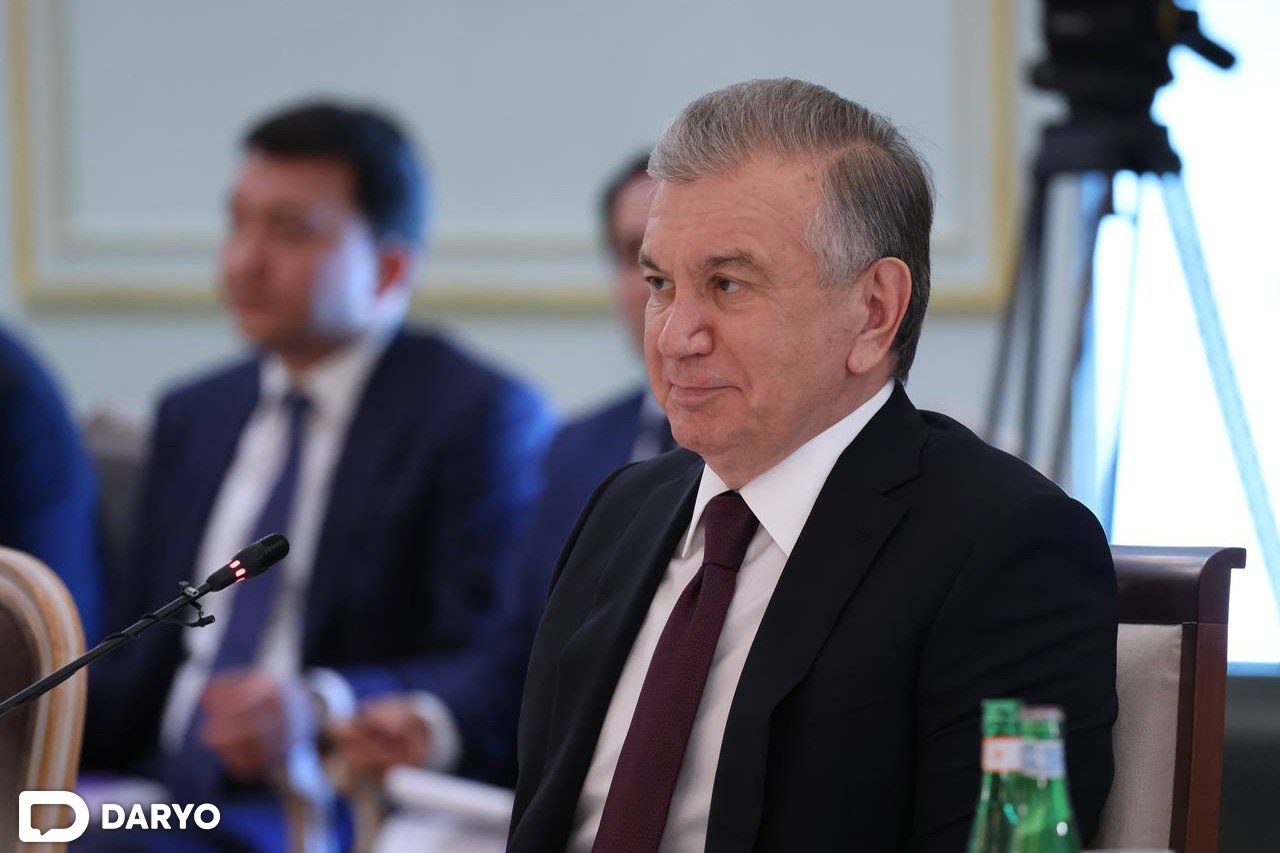Uzbekistan's President Shavkat Mirziyoyev has officially approved the "Uzbekistan-2030 Strategy," signifying a pivotal moment in the nation's ongoing development trajectory. The strategy, which comes as an evolution of the previous "Development Strategy of New Uzbekistan," reflects the country's commitment to building a prosperous, modern, and equitable society.

Foundation in Constitutional and Legal Changes: The "Uzbekistan-2030" strategy is crafted based on the valuable experiences accumulated during the implementation of the "Development Strategy of New Uzbekistan" and incorporates insights gathered from public discussions. These developments are contextualized within the framework of updated constitutional and legal conditions, including the newly adopted version of the Constitution following a referendum on April 30 and presidential elections on July 9.
The strategy outlines several fundamental principles:
Economic Advancement: Uzbekistan aims to ascend to the ranks of upper-middle-income countries by fostering sustainable economic growth.
Human Development: The strategy underscores the creation of robust systems in education, healthcare, and social protection that align with international standards and cater to the needs of the population.
Environmental Sustainability: Uzbekistan is committed to establishing favorable environmental conditions for its citizens, highlighting the importance of environmental conservation.
Modern Governance: The strategy emphasizes the development of a just and modern state that prioritizes serving the people and upholding their rights.
Sovereignty and Security: The strategy underscores the imperative of safeguarding the country's sovereignty and ensuring its security.
Five Priority Areas: The "Uzbekistan-2030" strategy is structured around five key priority areas:
Individual Potential: Creating conducive conditions for each individual to unlock their full potential.
Economic Prosperity: Ensuring the well-being of the population through sustained economic growth.
Water Resource Management: Responsible water resource management and environmental protection are central to the strategy.
Rule of Law and Good Governance: Establishing a legal framework that ensures the rule of law and effective public administration dedicated to serving the citizens.
Peace and Security: A continued commitment to a policy of a "safe and peaceful state."
Implementation and Accountability
The implementation of the "Uzbekistan-2030" strategy is a top priority for all government bodies and organizations in the country. The Republican Commission for the implementation of the strategy is led by Prime Minister Abdulla Aripov, and it will provide regular reports on the strategy's progress to the president.
Additionally, the Cabinet of Ministers will conduct quarterly assessments of the strategy's implementation. Any lapses or delays in executing measures will lead to action against government members, including ministers. Every six months, the government will report to the Legislative Chamber of the Oliy Majlis on the progress made.
Furthermore, an online portal will be launched within two weeks, allowing citizens to track the strategy's progress, offer their opinions, and submit initiatives.
A Continuation of Prior Development Goals
The "Uzbekistan-2030" strategy acknowledges the importance of not only achieving existing goals but also addressing immediate priorities set out in the previous "Development Strategy of New Uzbekistan." This ensures continuity in the nation's development trajectory.
Earlier Daryo reported that one of the strategic goal is to boost annual lending in Uzbekistan's banking and financial sector to $40bn while lowering loan interest rates to a range of 10-12%. Furthermore, there is an anticipation of a fourfold increase in the volume of bank deposits compared to the present amount.
Follow Daryo's official Instagram and Twitter pages to keep current on world news.
Comments (0)